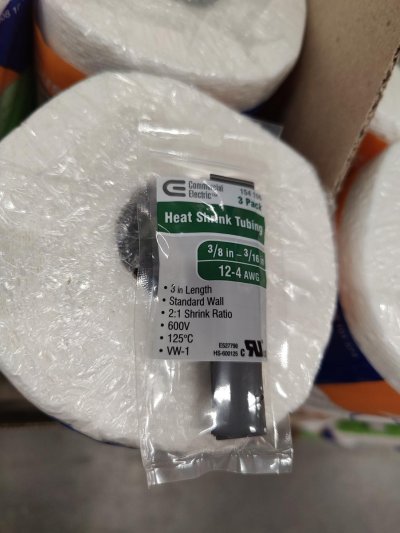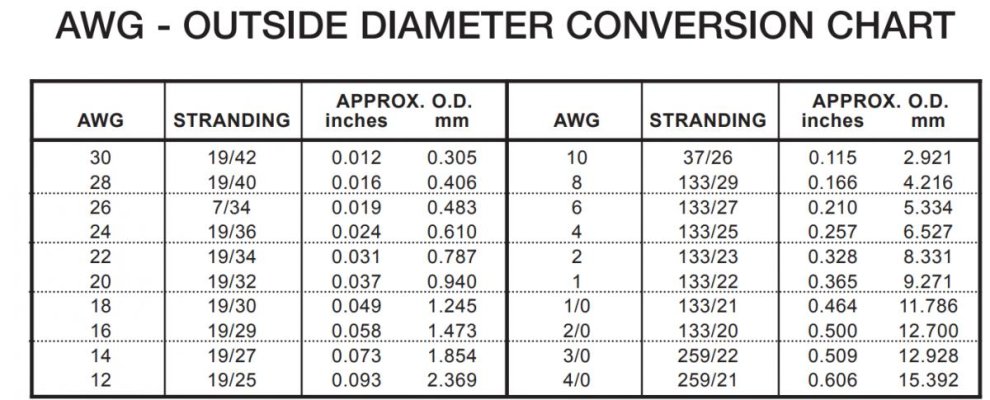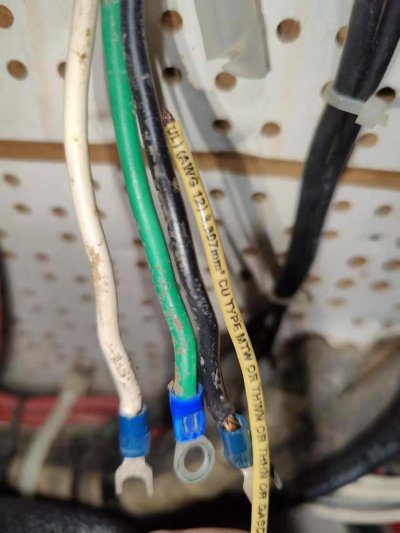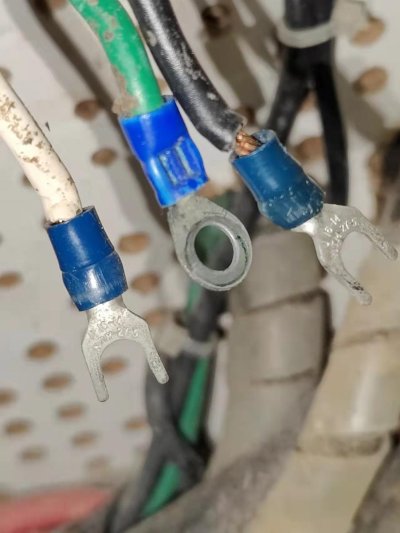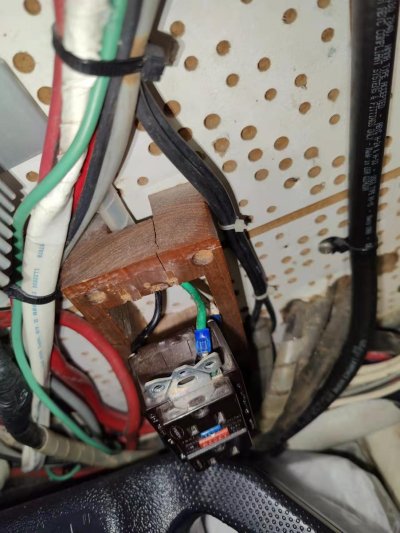Yes, your wallet will be lighter after the purchase.
In theory, the advertised benefits include not needing a crimp tool and a greater resistance to pull out.
The reality is that they are an expensive and possibly risky solution to problems that do not exist.
Soldering wires is generally not recommended in boats because, at the joint, it creates a solid conductor from a stranded one, making the interface very subject to vibration and movement cracks and resulting failure.
For this reason, last time I looked at the ABYC guidelines they read, "Solder shall not be the sole means of mechanical connection in any circuit. If soldered, the connection shall be so located or supported as to minimize flexing of the conductor where the solder changes the flexible conductor into a solid conductor." And "If one is incapable of soldering correctly, or incapable of adequately supporting the wire being connected to a soldered connection, it is recommended that they do not solder."
I don't know if it has been specifically addressed since last time I looked, but I suspect it isn't entirely clear when, or if, these connectors are ABYC compliant. Concerns might be that the adequacy of the support may depend up the length, fit, adhesion, and rigidity of the tubing, which may be variable, as well as the specifics of the installation, including, for example, the mechanical load imposed by the wires upon the joint.
They might also leave it to tradesmenship w.r.t. whether or not it is good enough in a particular installation. Some things are necessarily left to skill and judgement. I dont know.
In any case, it isnt necessarily clear to me that they are, or are not, ABYC compliant in any particular use. I'd be a lot more likely to use them for tiny thin wires for which good crimp solutions are hard to find and for which the tubing walls are very thick and rigid as compared to the wire vs for thick wires, where the load imposable by the wire may more easily dominate the rigidity and support of the relatively thin tubing wall and for which crimp connectors are readily available and highly reliable.
Also, the solder used in these connectors is lower temperature than normal solder. I don't know how it's properties otherwise differ.
In any case, for what you are doing, I'd likely save the money on the expensive connectors and buy a good crimper: You'll be far ahead in time and money and utility in the long run. I think.

